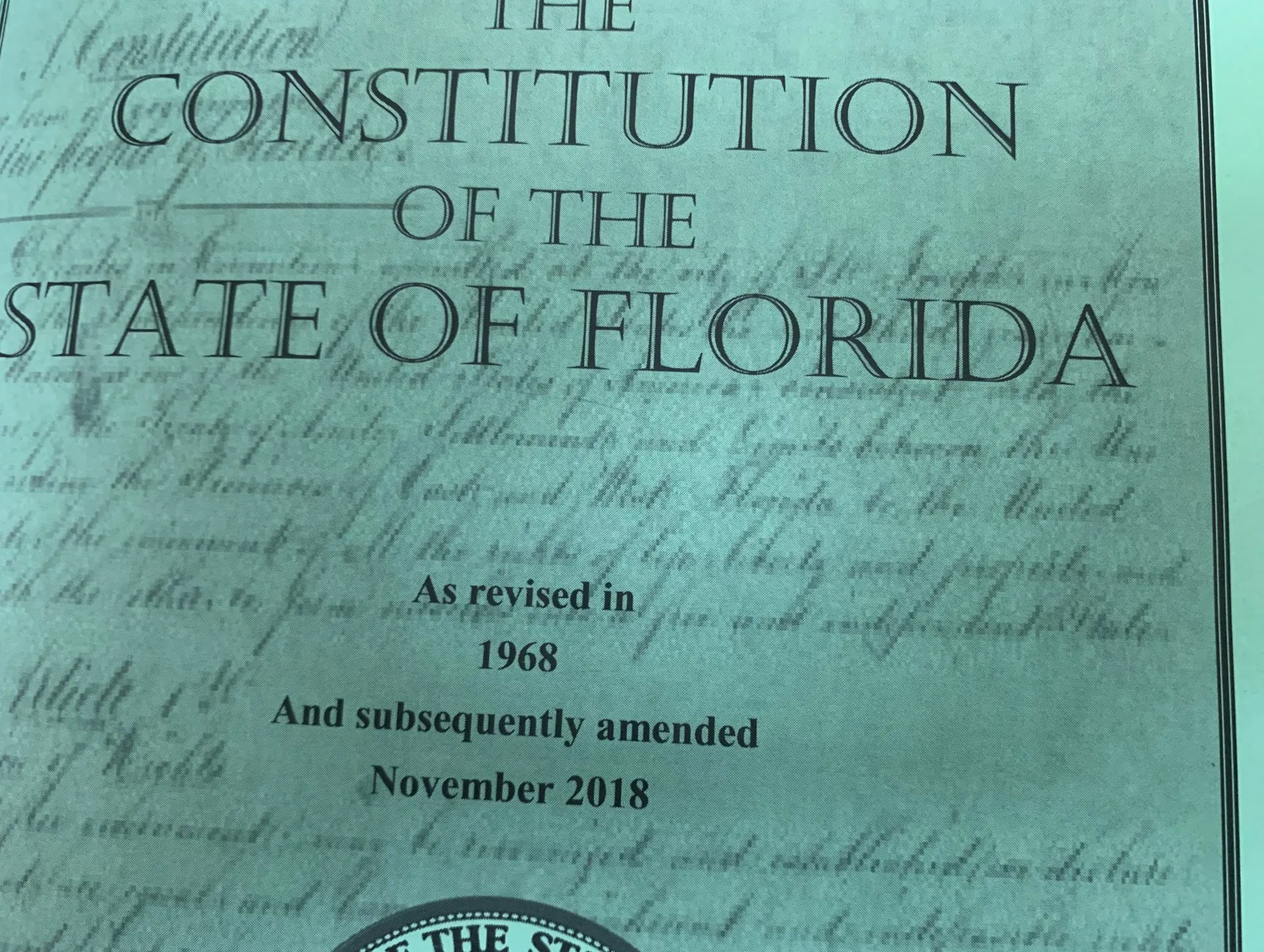Florida’s Amendment 3: The High Stakes of Legalizing Recreational Marijuana
In a significant turn of events, Florida’s Amendment 3 aimed to legalize recreational marijuana for adults aged 21 and older, allowing possession of up to 85 grams of marijuana or 5 grams of concentrate. However, the proposal faced a challenging path, ultimately being rejected by voters in the recent election. This article delves into the implications of this decision, the political landscape surrounding it, and what the future may hold for cannabis policy in Florida.
What Happened?
The voting outcome for Amendment 3 was a close call, with approximately 56% of voters supporting the measure. Unfortunately for advocates, this fell short of the 60% approval threshold required for constitutional changes in Florida. The rejection of the amendment has left many wondering about the future of cannabis policy in the state, especially as the 2024 election approaches.
Who Was Involved?
The political context surrounding Amendment 3 was marked by a divide among key figures. Governor Ron DeSantis and other Republican leaders voiced strong opposition, arguing that legalizing recreational marijuana would negatively impact youth and public safety. In contrast, former President Donald Trump publicly supported the legalization effort, highlighting the growing divide in opinions on cannabis policy.
Why Was It Important?
The economic implications of legalizing recreational marijuana were significant. Economists estimated that the measure could generate at least $196 million in sales tax revenue for the state, benefiting both Florida and licensed medical marijuana dispensaries. This potential revenue was a driving force behind the campaign, which raised around $150 million, predominantly funded by Trulieve, Florida’s largest medical marijuana operator.
Who Funded the Campaign?
The funding dynamics of the campaign were starkly contrasting. Supporters of Amendment 3, led by Trulieve, amassed substantial financial resources to promote the legalization effort. On the other hand, opponents received significant backing from influential figures like billionaire Ken Griffin, who contributed $12 million against the measure. This financial disparity played a crucial role in shaping the narrative around the amendment.
What Happens Next?
Despite the amendment’s failure, the current legal status of marijuana in Florida remains unchanged. Medical marijuana is still legal, with over 880,000 registered patients allowed to purchase cannabis for medical purposes. However, the rejection of Amendment 3 raises questions about the future of Florida’s medical marijuana industry, which may face increased competition from unregulated hemp products available at lower prices.
Public Sentiment
Supporters of legalization argue that it would help curb the black market and ensure product safety through regulation. They believe that legalizing recreational marijuana could free up law enforcement resources currently used for nonviolent drug offenses. This sentiment reflects a broader shift in public opinion regarding cannabis, as more Floridians express support for legalization.
Legal Complexities
Even if recreational use were legalized in Florida, marijuana would still remain illegal at the federal level. This creates ongoing legal complications for users and businesses, as federal law continues to conflict with state regulations. Advocates for legalization must navigate these complexities as they push for changes in cannabis policy.
Future Advocacy
Following the amendment’s defeat, advocates like Trulieve’s CEO expressed determination to continue pushing for legalization efforts in the future. They suggest that the public support demonstrated in the recent election signals a potential shift in legislative attitudes. As the 2024 election approaches, it remains to be seen how this momentum will influence future cannabis policy in Florida.
Conclusion
The rejection of Florida’s Amendment 3 marks a pivotal moment in the state’s ongoing debate over recreational marijuana legalization. While the proposal garnered significant support, it ultimately fell short of the necessary threshold for constitutional change. As advocates regroup and prepare for future efforts, the landscape of cannabis policy in Florida remains uncertain. The economic potential, public sentiment, and legal complexities surrounding marijuana will continue to shape the conversation as the state moves forward.
In the coming years, the push for recreational marijuana legalization in Florida will likely remain a hot topic, especially as advocates seek to address the concerns raised during this election cycle. The future of cannabis policy in the state is still very much in play, and the outcome of the next voter referendum could have lasting implications for Floridians and the broader national conversation on cannabis.






Leave a Comment